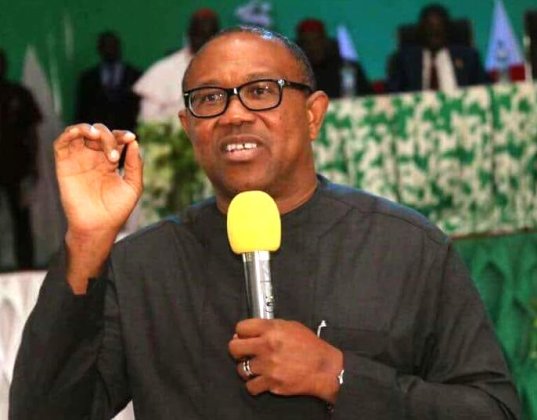Seven ministries, departments and agencies seem to expect the foreign exchange crisis in the country to worsen as they budget N235.46m to cover foreign exchange losses.
This was according to data in the proposed 2023 budget available on the website of the Budget Office of the Federation.
According to the Corporate Finance Institute, a foreign exchange gain/loss occurs when a company buys and/or sells goods and services in a foreign currency, and the currency fluctuates relative to its home currency.
In the 2023 budget, the highest allocation for forex losses is that of Police Formations and Commands, which budgeted N113.5m to cover foreign exchange losses.
It is followed by the National Centre for Control of Small Arms and Light Weapons, with an allocation of N75.98m.
There is also the National Intelligence Agency, which budgeted N40.02m to cover the foreign exchange loss.
Others are: the National Counter Terrorism Centre with an allocation of N3.75m; the Nigerian Airforce with N1.26m; the Office of the Permanent Representative to FAO with N502,830; and the Ministry of Communications and Digital Economy, N454,198.
The PUNCH has constantly reported the issue of forex scarcity, which has been a major challenge for manufacturers in the country.
Last year, stakeholders, including the Manufacturers Association of Nigeria and the Association of Small Business Owners, lamented the worsening scarcity of foreign exchange in the country, saying they were already cutting costs as their profits were shrinking.
The Director-General of MAN, Segun Ajayi-Kadir, said in a chat with The PUNCH that manufacturers now relied on the parallel market for their foreign exchange.
Ajayi-Kadir said the forex scarcity and the high cost of diesel had greatly increased manufacturers’ cost of production, noting that employers might be forced to lay off some workers in order to cope with the new realities.
The Chief Executive Officer of Financial Derivatives Company, Mr. Bismarck Rewane, had, in January, projected that the CBN would devalue the naira by the end of 2022, adding that spending on political campaigns ahead of the 2023 general elections would put more pressure on foreign exchange supply in the Nigerian economy.
The PUNCH recently reported that the naira rebounded by 20.8 per cent to 720/dollar at the parallel market.
The development came two weeks after the local currency came under severe pressure at the black market, following the announcement by the Federal Government to redesign the naira.
However, a development economist, Dr Aliyu Ilias, noted that the naira might likely still decline, especially with the coming election.
He also said that the economy had yet to be stable and the rebound might not last for long.







